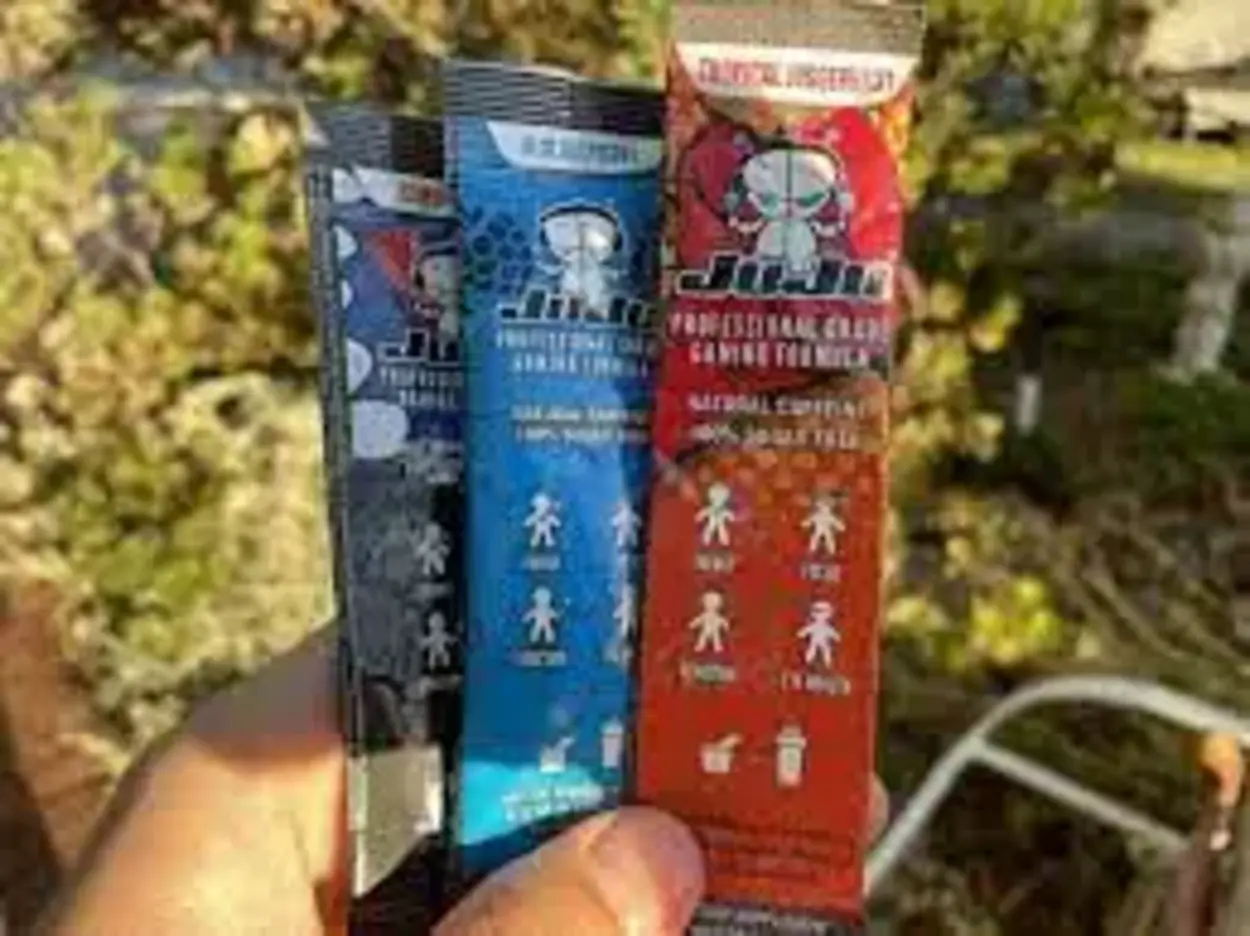In 2018, the JuJu energy drink was introduced. It is made specifically for athletes and gamers. It effectively keeps you awake and aware by giving you a boost of energy.
It’s an energy drink that’s powdered and has a variety of flavors to choose from. It has 0 grams of sugar, 135 mg of caffeine, and 15 calories.
In moderation, Juju energy drinks are not harmful to your health. Caffeine sensitivity can have some negative impacts on some people. However, in most cases, there are no negative consequences.
You should first quench your curiosity by learning more about the components and effects of the JuJu energy drink. Let’s begin!
Ingredients In Juju Energy Drink
JuJu Energy delivers strong caffeine, 0g of sugar, and a low-calorie mix, similar to other beverages for gamers.
In addition to the caffeine and low sugar content, they also include vitamins and a number of compounds that have been shown to be effective, including taurine, alpha GPC, cordyceps, theanine, and others.
Although Juju Energy doesn’t contain any miracle ingredients or extravagant additions, I appreciate that it is open and honest. Many rivals use “proprietary blends” to conceal the precise proportions of each element.
Let’s have a peek at its complete ingredient list:
- Maltodextrin
- Natural Flavors
- Malic Acid
- Citric Acid
- Tartaric Acid
- Calcium Silicate
- Sucralose
- Silicon Dioxide
- Yellow #5 FD Lake
- Soy
- Taurine
- Alpha GPC
- Cordyceps
- Bacopa monniera
- L-theanine
Soy
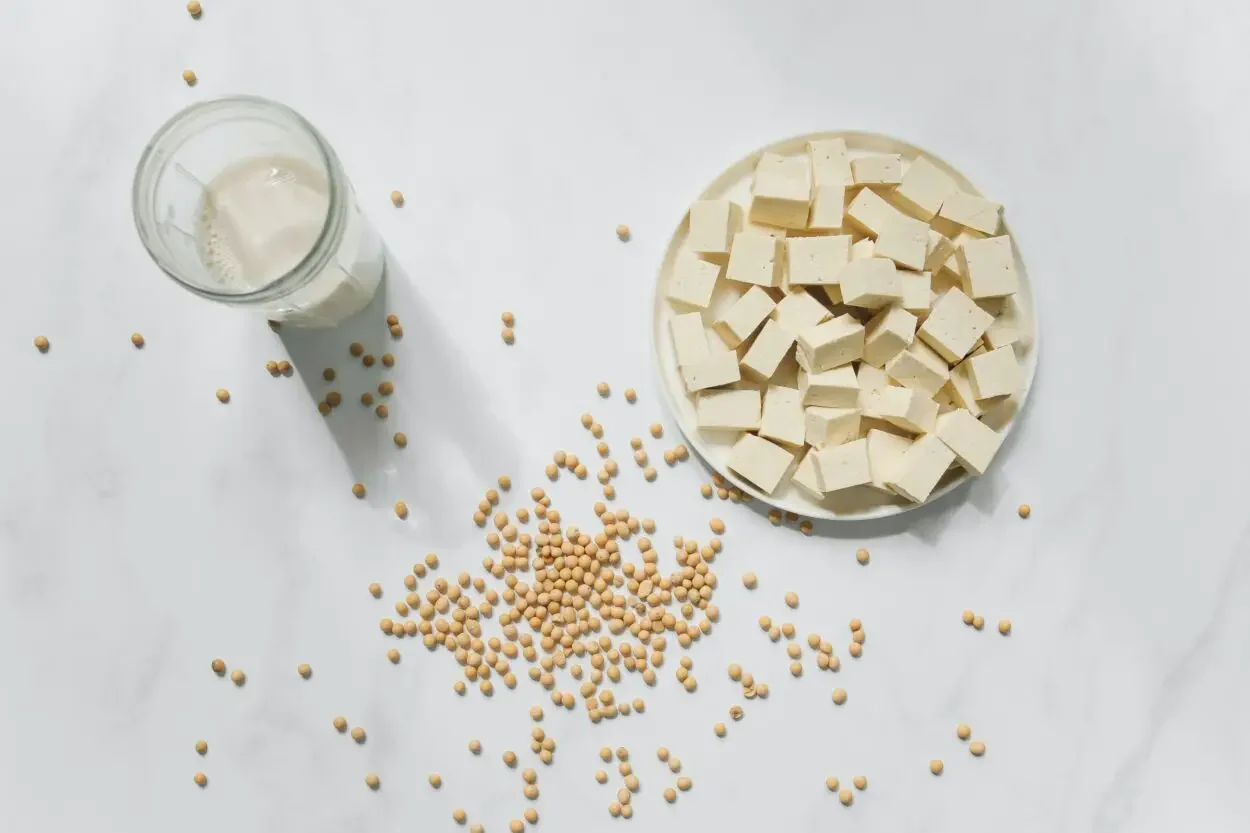
Products produced from soy have various nutritional benefits. Consuming whole soy products can reduce the risk of developing breast cancer as well as other cancers, fibroids, and even inflammation.
Other foods, including soy milk, tofu, tempeh, and miso, as well as soy meats and cheeses, are also made from soybeans.
Although soy products have a number of health advantages, some individuals are concerned about their safety.
Constipation and diarrhea are two of the most common digestive issues caused by soy. In people with iodine deficiency, soy may change how their thyroids work.
Taurine
People with congestive heart failure could benefit from taurine. But it’s unclear how it operates. More study is still required.
Taurine might aid in nervous system control. It has been used to treat epileptic and anxiety problems. It has been used to treat attention deficit hyperactivity disorder-related hyperactivity.
Utilizing just one amino acid supplement could result in an imbalance of nitrogen and make your metabolism less effective.
It could put additional pressure on your kidneys. Sole amino acid supplementation may divert growth in youngsters.
Bacopa monniera
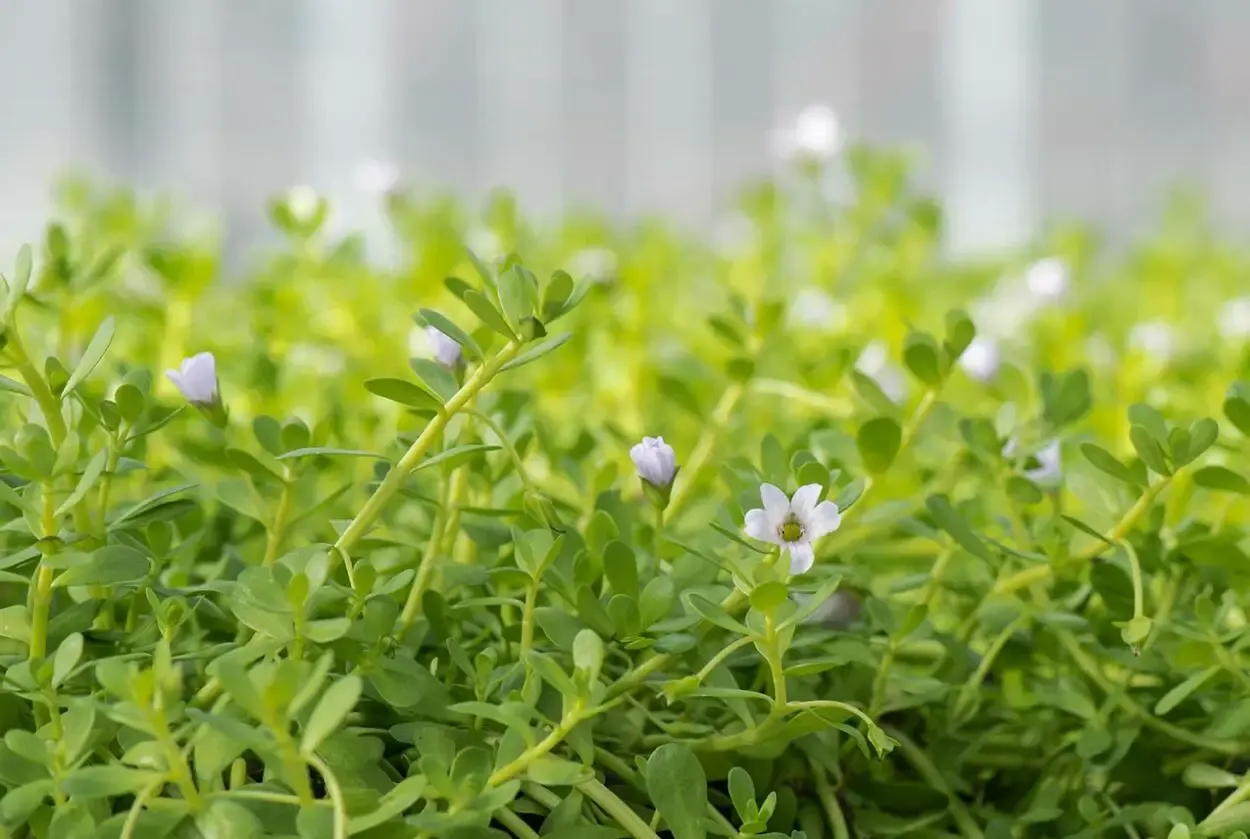
Traditional Indian medicine has made use of the plant Bacopa monniera. It might stimulate specific brain chemicals necessary for memory, learning, and thought.
Alzheimer’s disease, memory enhancement, anxiety, ADHD, allergy disorders, irritable bowel syndrome, and as a general tonic to combat stress are the conditions for which it is utilized.
When taken properly and for a brief period of time, up to 12 weeks, it may be safe for adults. Common side effects include increased bowel movements, stomach pains, nausea, dry mouth, and exhaustion.
Cordyceps
A fungus called Cordyceps develops on a moth caterpillar. Traditional Chinese medicine makes use of it. There are pills, powders, and liquid extracts available as cordyceps supplements.
Some people use cordyceps as a stimulant, tonic, and “adaptogen” to increase energy, and stamina, and reduce fatigue.
By stimulating immune system cells and certain molecules, cordyceps may enhance immunity in patients with lung or skin malignancies. It may also have an effect on cancer cells and reduce the size of tumors.
Other benefits include:
- Help kidneys work better
- Treat cough
- Prevent irregular heart
- Treat male sexual problems
Nutritional Facts Of Juju Energy Drink
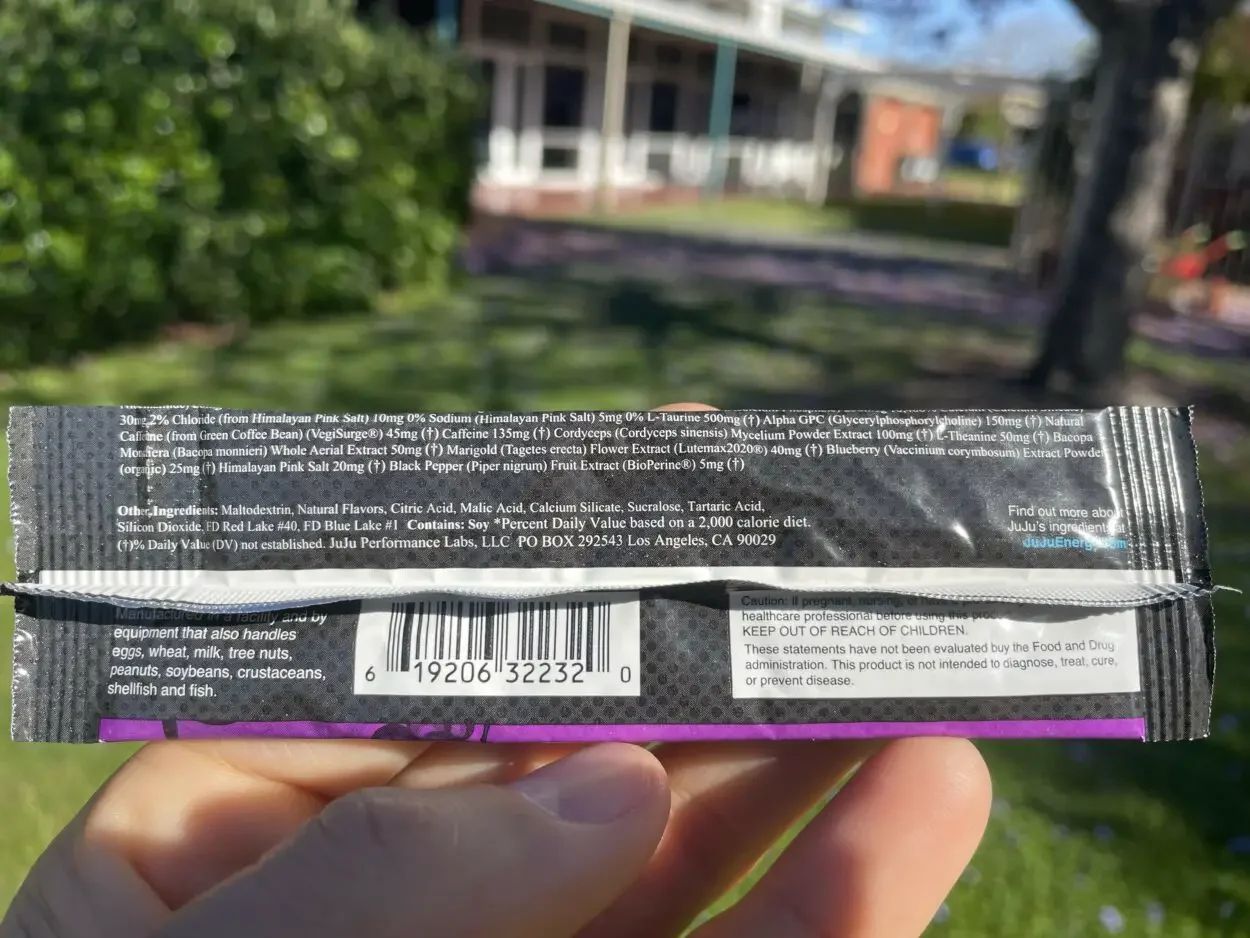
| Nutrients Per Serving | |
| Calories | 15 |
| Total carbohydrates | 3 gm |
| Vitamin C | 60 mg |
| Vitamin D | 25 mcg |
| Riboflavin | 2 mg |
| Niacin | 20 mg |
| Vitamin B6 | 10 mg |
| Vitamin B12 | 250 mcg |
| Calcium | 30 mg |
| Himalayan Pink Salt (Chloride) | 10 mg |
| Sodium (Himalayan Pink Salt) | 5 mg |
| L-Taurine | 500mg |
| Natural caffeine from the green coffee bean | 45 mg |
| Caffeine | 135 mg |
| Cordyceps Mycelium Powder Extract | 100 mg |
| Bacopa Monniera Whole Aerial Extract | 50 mg |
| L-Theanine | 50 mg |
| Marigold (Tagetes erecta) flower extract (Lutemax 2020) | 40 mg |
| Blueberry Extract Powder (Organic) | 25 mg |
| Himalayan Pink Salt | 20 mg |
| Black Pepper (Piper nigrum) Fruit Extract (BioPerine) | 5 mg |
Calories
Juju Energy contains only 15 calories per serving.
Juju Energy has a fair number of calories. The calories in this drink won’t significantly alter your diet if you follow a normal diet.
Women should consume about 2000 calories daily, while men should ingest up to 2500, according to the FDA. Therefore, 15 calories don’t seem like that many, and they might also provide you with more energy.
In fact, if you exercise every day, you can easily burn off those 15 calories. However, if you are strictly following a diet, you can look at some calorie-free options.
B Vitamins

Numerous vitamins are present in Juju energy drinks. However, the primary vitamins found in JuJu energy drinks can significantly improve your physical and mental performance.
Vitamins that support both your physical and mental health include vitamins D, B6, and B12.
Let’s look at the individual functions of vitamins present in Juju.
| Vitamins | Function |
| Vitamin C | It is a crucial nutrient used to repair body tissues. |
| Vitamin D | It plays a crucial part in keeping healthy bones, teeth, and immune systems. |
| Vitamin B6 | It is essential for maintaining the healthy operation of the nervous system and the brain. |
| Vitamin B12 | Together, it and folate perform a variety of tasks, including helping to build our genetic material (DNA and RNA). |
Caffeine Content In Juju Energy Drink
135 mg of artificial caffeine and 45 mg of natural caffeine are both present in the JuJu energy drink.
One serving contains 180 mg of caffeine. Green coffee beans are used to extract the naturally occurring caffeine for the JuJu energy drink.
I don’t think it’s very powerful, but if you have a low threshold for caffeine, it might be a lot.
Since I believe that range to be the sweet spot for getting a good energy boost without running the danger of adverse side effects, I personally favor caffeine concentrations that range between 50 and 100 mg only.
For healthy adults, the FDA has cited up to 400 milligrams a day—that’s about four or five cups of coffee—as an amount not generally associated with the following dangerous, negative effects:
- Palpitations
- Dehydration
- High Blood Pressure
- Nausea
- Stomachache
- Headache
- Anxiety
- Restlessness
Is Juju Energy Drink Sugar-Free?
Knowing that Juju Energy doesn’t include sugar will be welcome news.
Juju Energy is free of sugar and has a low glycemic index, making it safe to consume. Since artificial sweeteners have more health advantages than real sugar, many energy drink manufacturers substitute them for actual sugar.
Men and women should each consume no more than 36g of sugar per day, and no more than 25g of sugar for women. Your health may suffer irreparable harm if you consume too much sugar.
Side effects of overconsumption of sugar include:
- Diabetes
- Acne
- Skin Aging
- Increased Risk of Cancer
- Increased Risk of Heart Disease
- Tooth Decay
- Obesity
- Low Energy Levels
Is Juju Energy Drink Bad For You?
Juju Energy Drink is not bad for you. Almost anyone can drink the Juju energy drink. In reality, it has a good amount of caffeine, antioxidants, and vitamins.
There are no negative side effects associated with the JuJu energy drink, which is fantastic because it keeps the user awake and engaged.
When all the ingredients and advantages are taken into account, it is clear that this drink has many good components.
If you are sensitive to caffeine, Juju Energy might not be for you. Only take this if you are able to because 135mg can be too much for some people.
Additionally, because caffeine may harm a child’s development, it is not advised for people under the age of 18. Additionally, it is not advisable for pregnant women to consume caffeine.
Although some specialists do agree that up to 200 mg is safe for pregnant women, I advise against taking it totally out of caution.
Alternatives To Juju Energy Drink
Nau
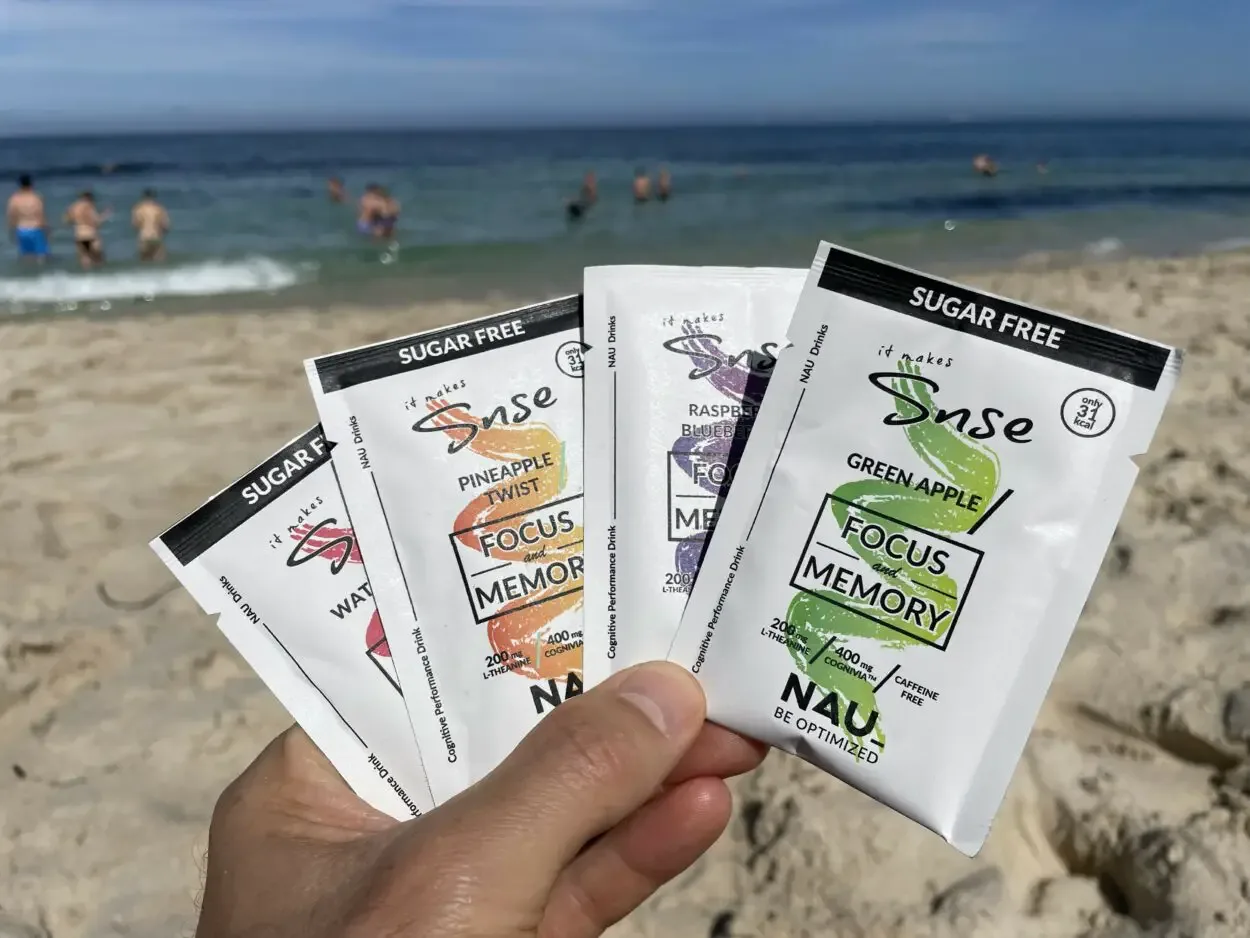
Nau Energy is a caffeine-free energy beverage that primarily serves as a brain- or performance-enhancing beverage.
Additionally, it contains components that are very distinct from those found in traditional energy drinks.
It contains a number of minerals, including l-theanine, magnesium, and vitamins B3, B5, and B6. Other essential components, like Spanish sage and Golden sage, are present in addition to these nutrients.
Razorwire
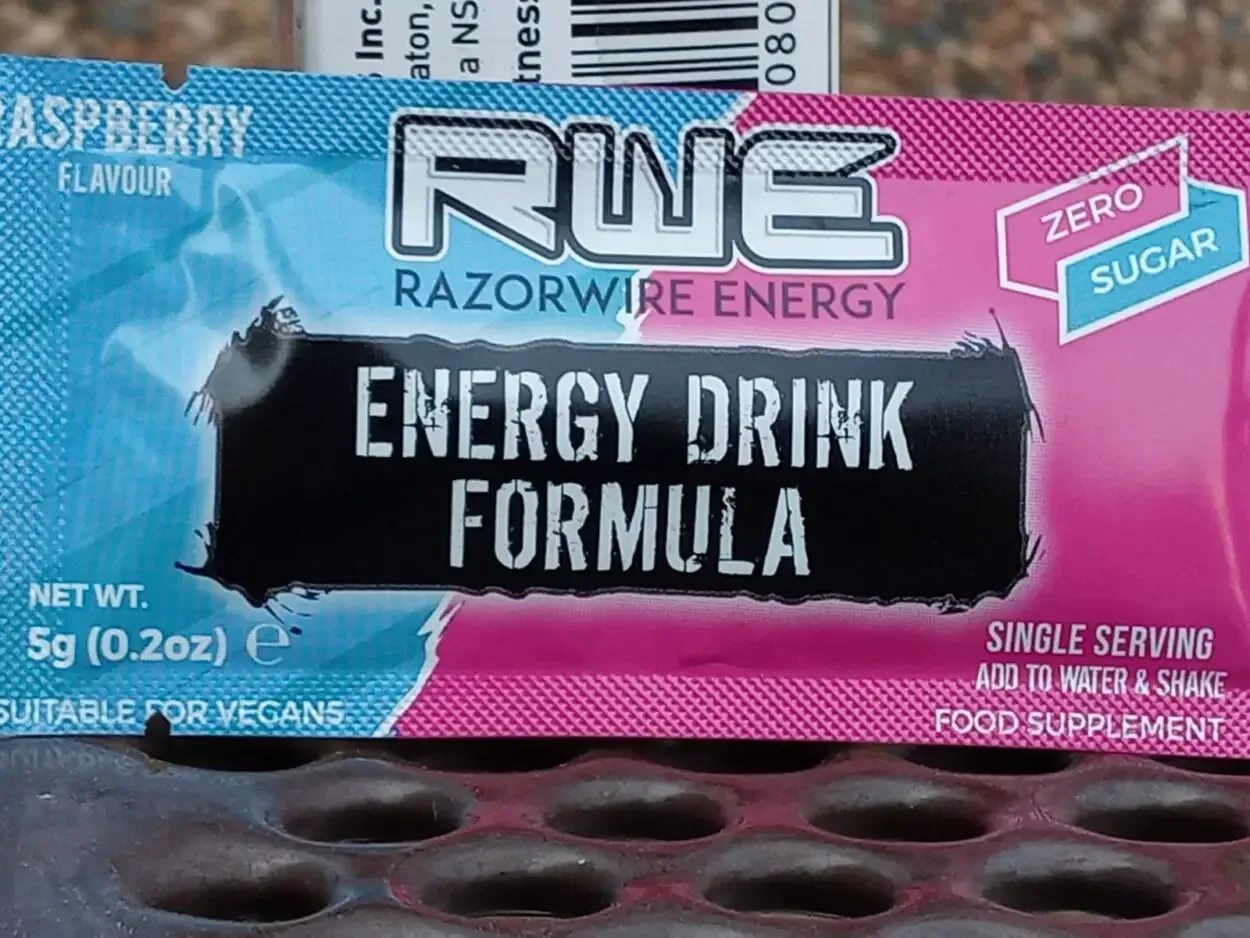
Considering that the formula of Razorwire can enhance gamers’ gaming performance, it is sold to gamers, streamers, and content producers.
150 mg of caffeine is present in each serving of Razorwire, enhancing both physical and mental performance. It is packed with antioxidants, amino acids, vitamins, and minerals to keep your body functioning at its peak.
It delivers on its promises to provide you with more energy, quicker reaction times, and better mental focus. It operates well.
REIZE
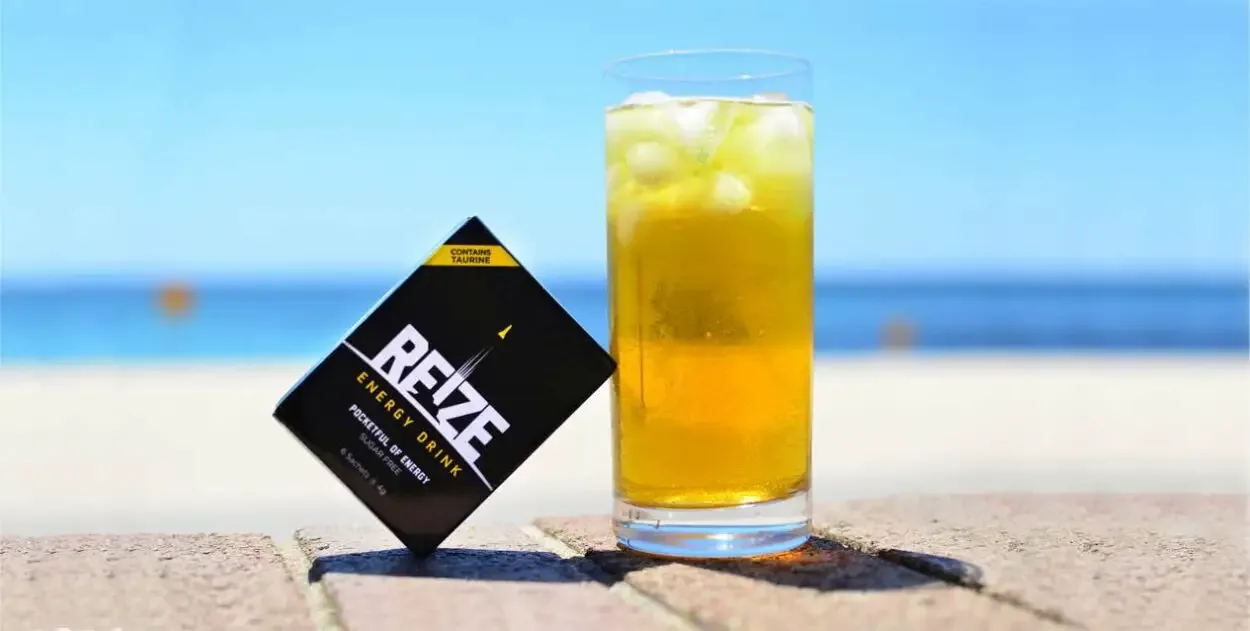
Of course, the best sugar-free energy drink on the market is REIZE, which is also my personal favorite.
You must try REIZE! Each sachet has 11 calories, 50mg of moderately potent caffeine per serving, and no added sugar.
Taurine, ginseng, and B vitamins are among the beneficial components found in REIZE.
Conclusion
- Juju Energy is a good energy drink that is made with a variety of herbal, health-improving elements, in my opinion.
- It is really efficient and gives you energy flawlessly. There is a fair amount of caffeine in it. You’ll have enough energy from this caffeine to last for a few hours.
- Due to its low-calorie and sugar-free content, it is not harmful to you when consumed in moderation. With just one serving, you can improve your physical performance and become more alert.
- You should be aware of alternative methods of obtaining energy if you need more to complete your daily responsibilities. For example, you can exercise regularly and drink enough water to be more energized.

